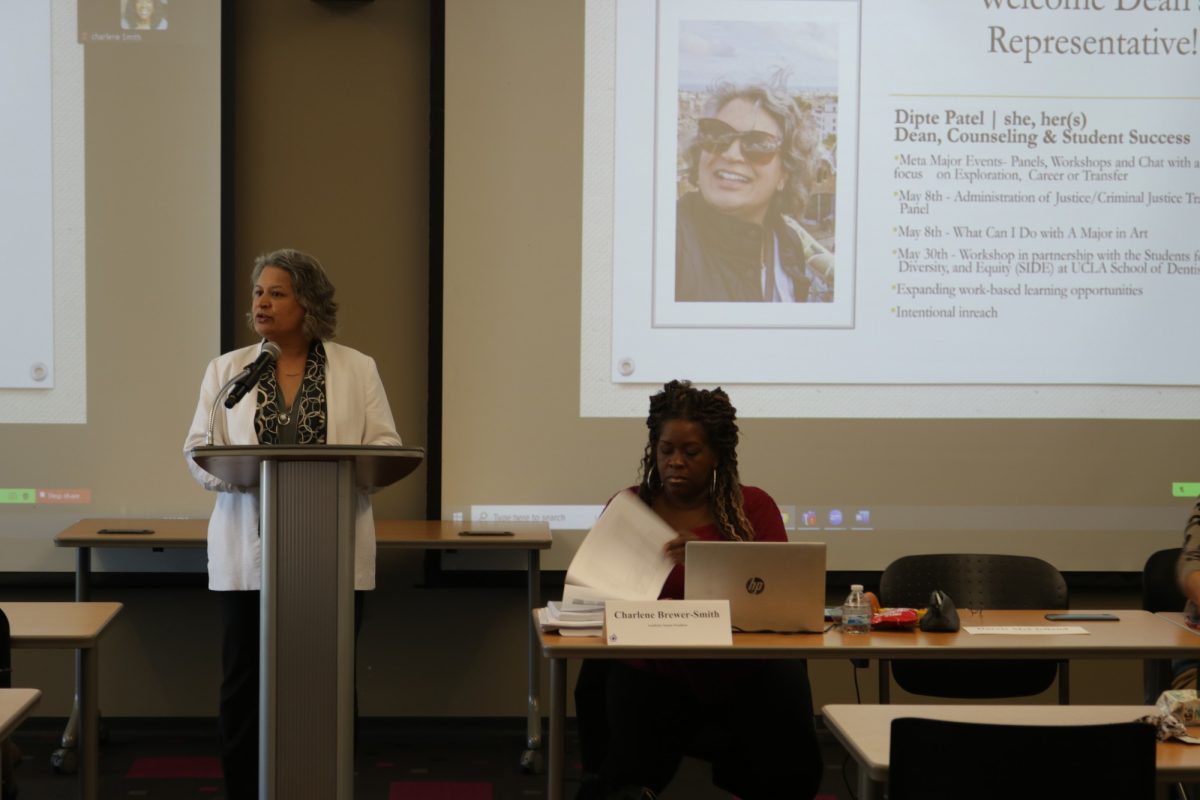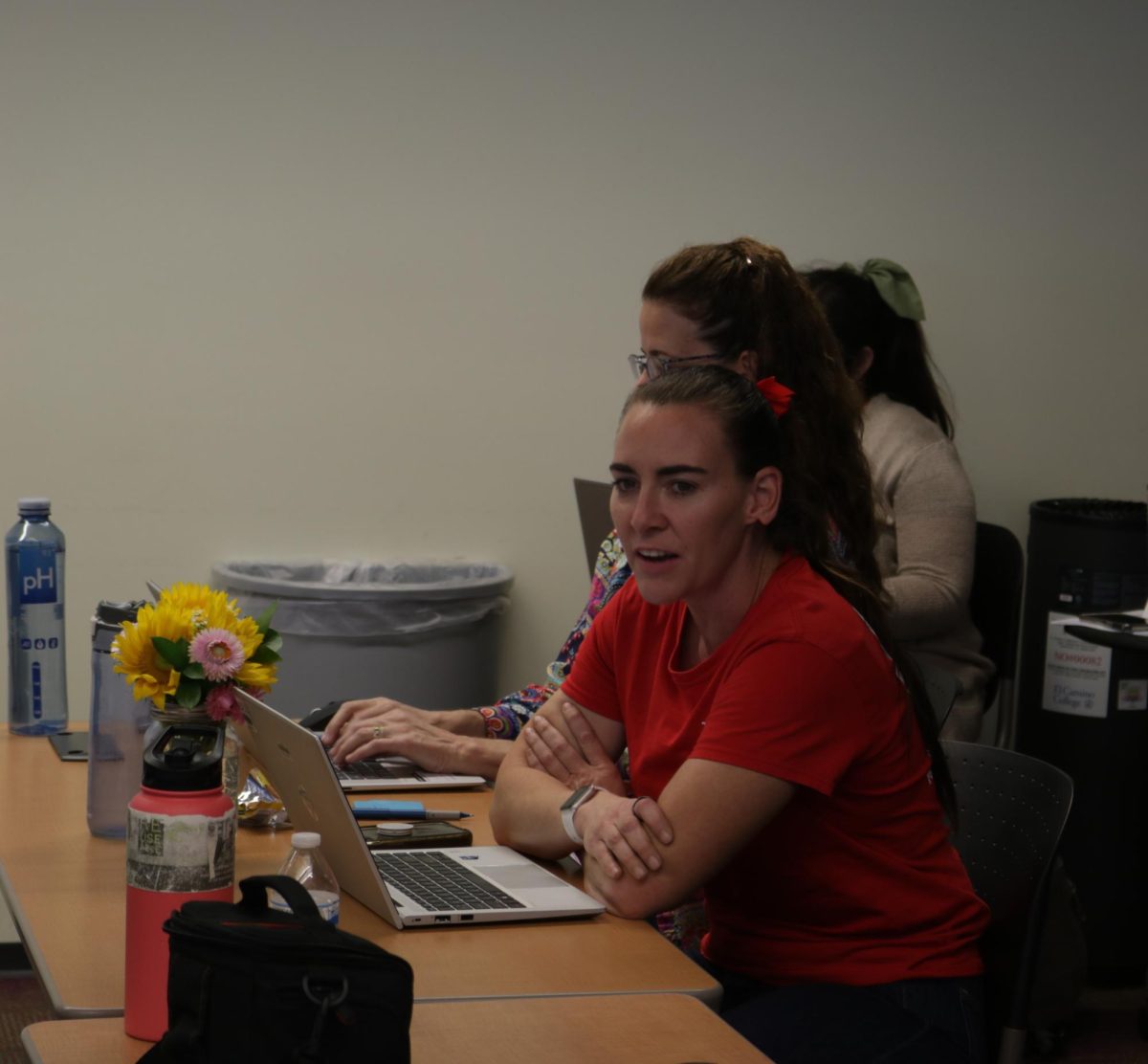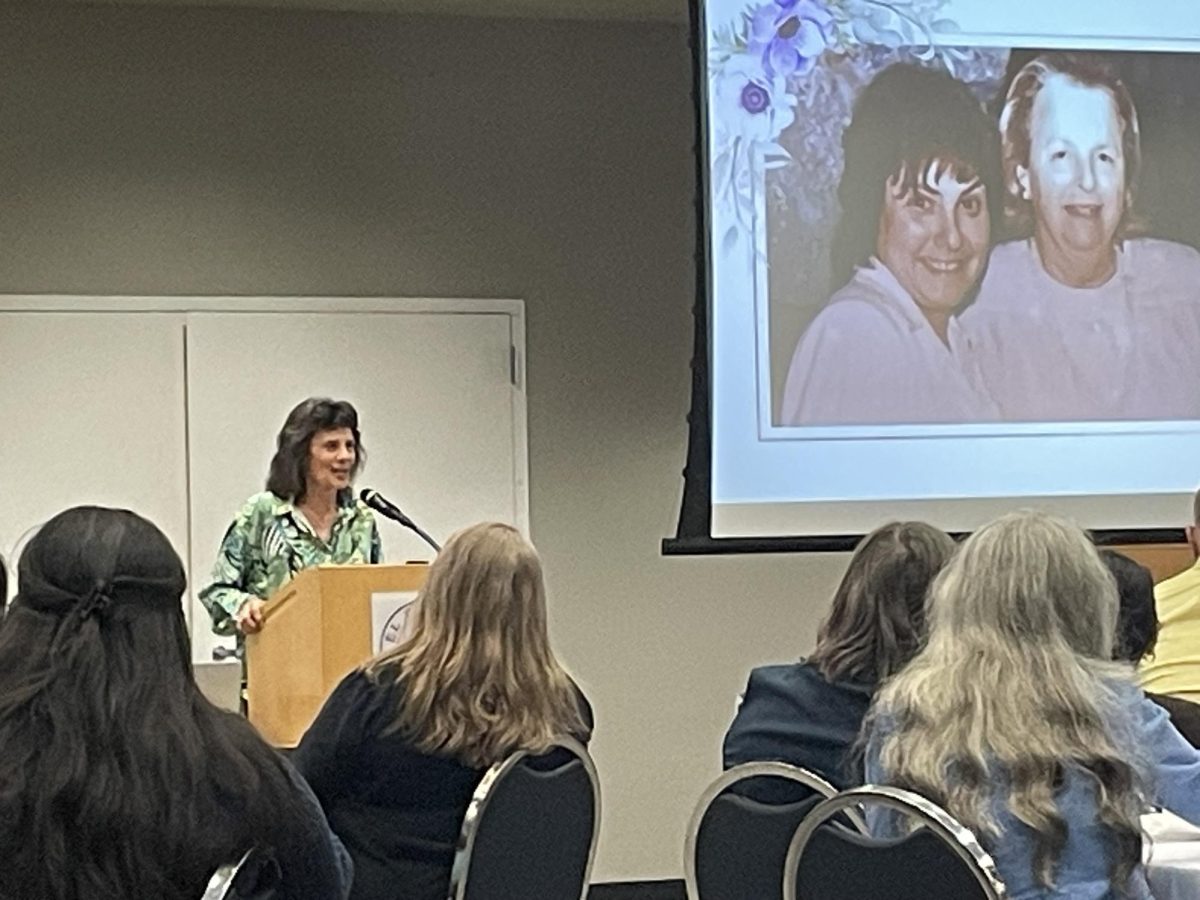Counselors are the people students entrust with helping us decipher the puzzle our future seems.
But how much should students rely on their recommendations?
In an effort to answer this question, Johanna De Spain, social work major, asked three different counselors, Bill Cooper, Else Reinersten and Cheryl Beverly about class requirements needed to transfer into a CSU.
De Spain also asked how to go about petitioning for an associates degree in arts; she asked what the evaluators are looking for when reviewing the application.
All three counselors gave her the same answer on what classes she needed to take in order to transfer into CSU, but De Spain got varying answers about how to petition for an A.A. in social works.
“This is where I got most of my confusion; everyone had a different theory of how to go about it,” De Spain said.
De Spain said Cooper showed her what specific classes she needed to take in order to get an AA degree in either psychology or sociology. Cooper advised her to choose a degree that was closest to her major instead of getting just an AA in general studies. He told her it’s important to “pick something that looks good on your resume.”
“He explained not only what I was asking, but he also explained why the counselors do the things that they do and he went beyond the things I was asking,” De Spain said.
But unlike Cooper, who emphasized the importance of which degree to petition for, Reinersten put more emphasis on getting the requirements done.
“She said it didn’t matter which degree you put down, they’re just going to give you a degree in general studies anyway,” De Spain said.
Beverly similarly did not see the importance of which degree to put down.
Beverly told De Spain that “it doesn’t matter what that paper says as long as you have an associates in arts.”
De Spain said that she is still not sure on how to go about petitioning for an A.A.
“Either explain to the students that there are different ways of going about doing it, that there is a consensus to doing it one way so people are not confused,” De Spain said.
But Ken Key, a counselor at EC, said that counselors cannot give a straight answer because “there are about 1,001 ways to get an associates degree.”
Going about getting an associates degree can be different to each student.
“It depends on what the student’s majoring in, where they’re transferring to, what patterns they’re using and whether or not they’re eligible,” Key said.
Key said that there is an associates degree task force that has been convening since 1999 and that they’re in the process of “cleaning up” and “reformatting our associates degree” so that it would be easier for counselors to explain what it takes to get it.
Even though De Spain did not get a straight answer to her question, she does not think that any of the three counselors were wrong.
“They didn’t give me false information. Each of them has a different perspective and they might all be right,” De Spain said.





